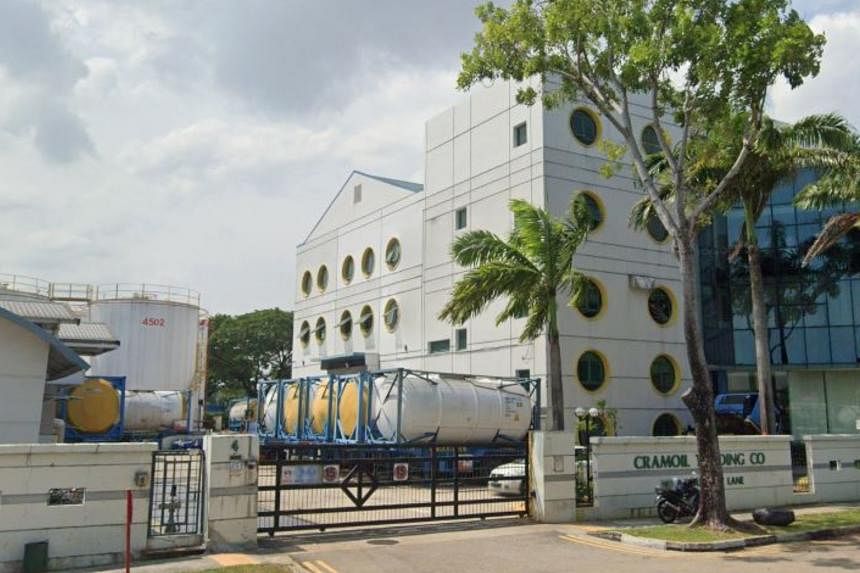JAKARTA – The Batam District Court sentenced the Indonesian captain of a Singapore-owned vessel to seven years in prison for transporting containers of hazardous and toxic liquid waste to Indonesia, violating both environmental and navigation.
The Belize-flagged vessel SB Cramoil Equity is owned by toxic waste collection company Cramoil Singapore Ltd, the Indonesian government said.
On June 13, 2021, Batam Port Authority Patrol Team was notified that the vessel was entering the waters off Batam. Two days later, the team found 20 intermediate bulk containers of hazardous and toxic liquid waste on board the ship in Batu Ampar waters. Each container can hold approximately 1,000 liters of content.
The verdict was given on June 15 this year but was only released by the Indonesian government on Friday evening (July 22).
The ship’s captain, Chosmus Palandi, a 48-year-old resident of Lampung province, was sentenced to seven years in prison and fined five billion rupees (S$463,000).
If he does not pay the fine, he must serve an additional three months in prison for violating the Environment Act, as well as eight months in prison and a fine of 50 million rupees for violating the Navigation Act. .
The Environment Department said in a statement on Friday that it was committed to following up the case, which it called a cross-border corporate crime.
The ministry is trying to trace the origin of the waste and is seeking to prosecute any other parties or companies involved.
“We have coordinated with the Indonesian Embassy in Singapore and will pursue this matter further,” Rasio Ridho Sani, director general of law enforcement at the ministry, said in the statement.
“Strong action against waste smuggling and any act against the environment must be taken to protect Indonesian waters and environment.”
In April 2018, Cramoil Singapore received a stop work order from Singapore’s national water agency, PUB, after it was caught discharging toxic sewage into public sewers.
The order was served on the company’s Managing Director, Mr. Tan Kim Seng, on April 23, 2018, and took effect immediately. This means that the company can no longer discharge waste water from its premises into public sewers.
The company was caught in the act following nightly PUB operations.
The agency found that the industrial wastewater discharged was brown and contained 16 different types of banned volatile organic compounds.

